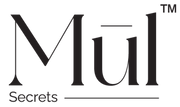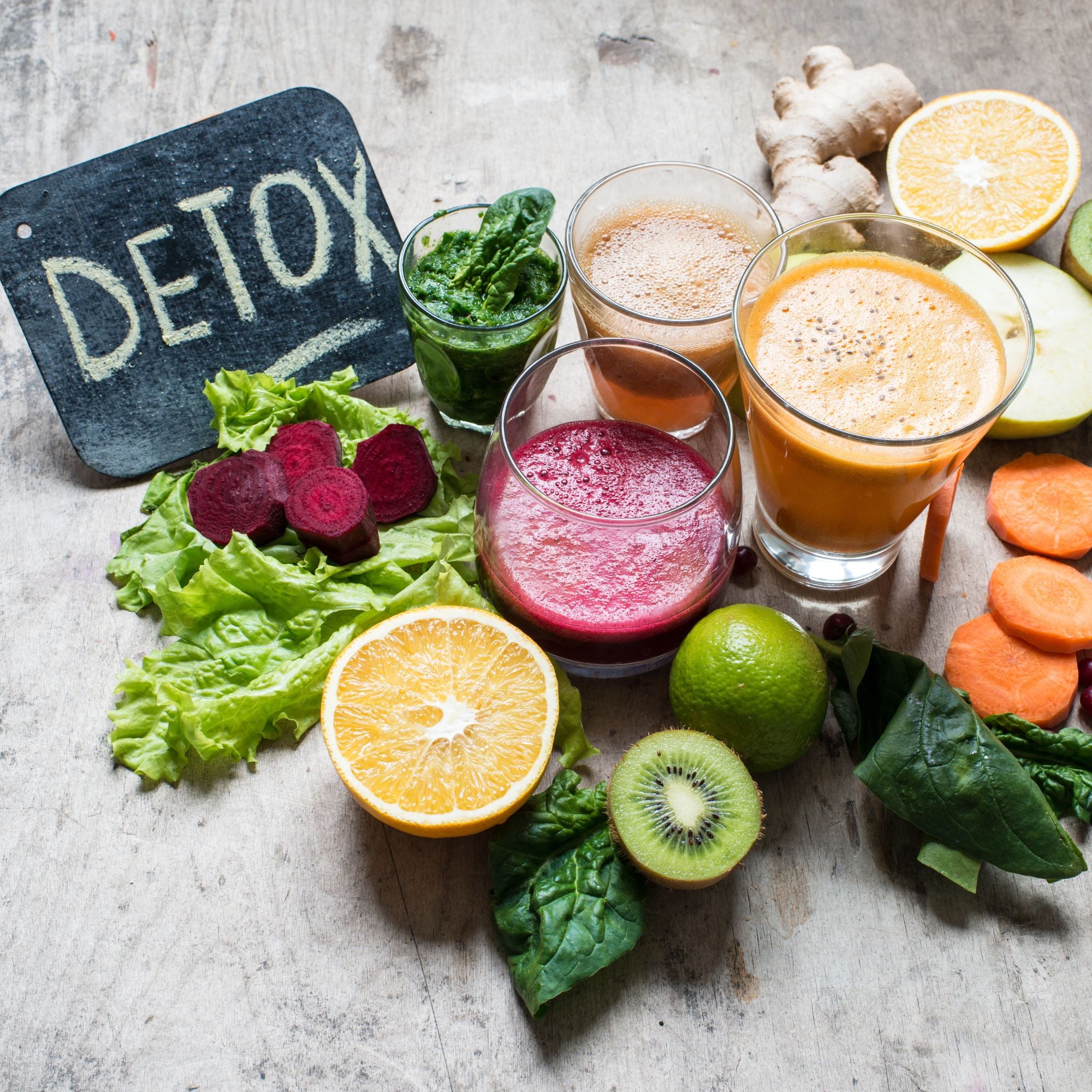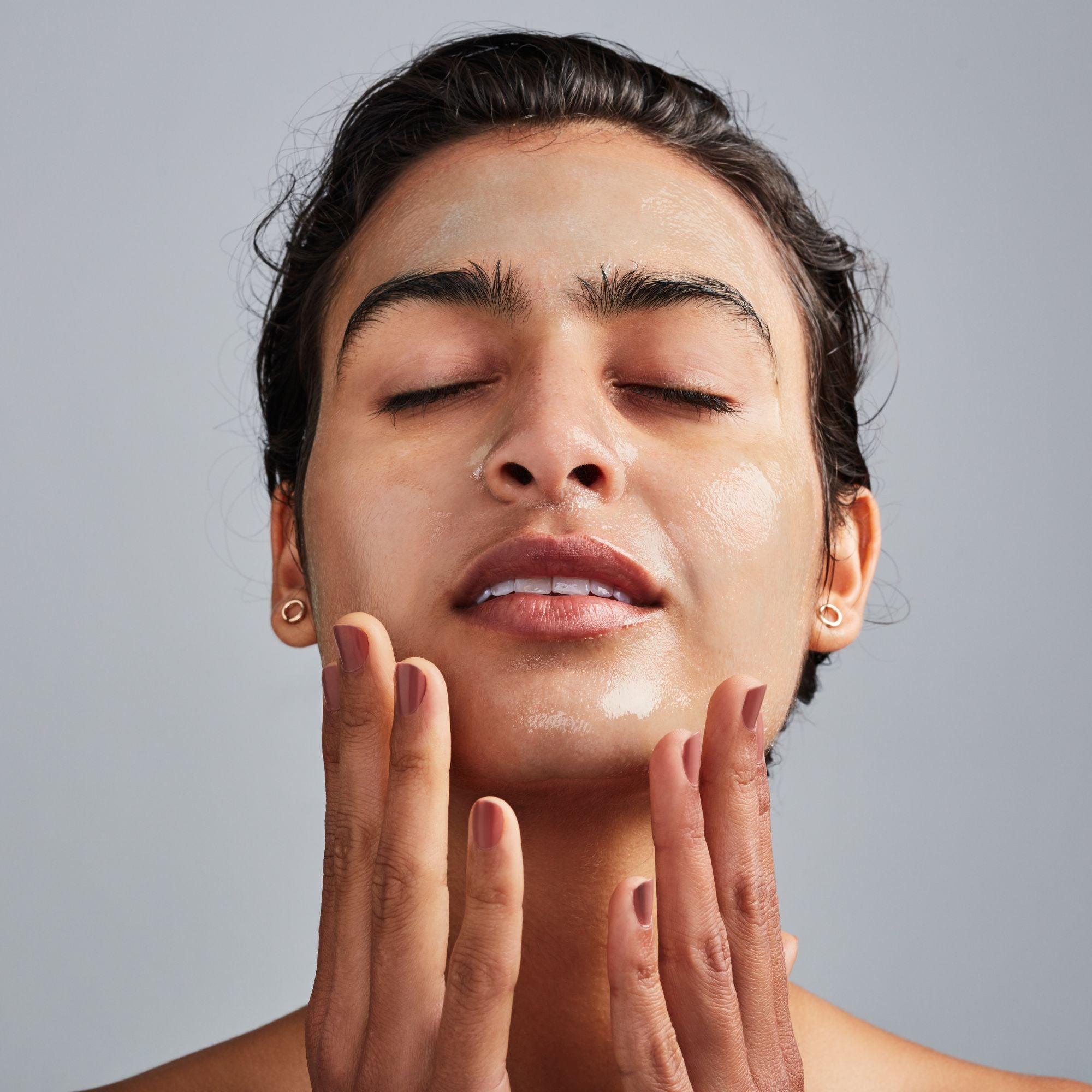Infected pimples can be a frustrating and uncomfortable skin concern. They occur when bacteria and other impurities become trapped within a clogged pore, leading to inflammation and infection. These pimples often manifest as red, swollen, and painful bumps on the skin, particularly on the face.
In this article, we will provide a comprehensive overview of infected pimples and how to effectively deal with them. We will explore the causes, symptoms, and potential complications associated with infected pimples. Additionally, we will delve into various treatment options, both over-the-counter and prescription, as well as discuss strategies for managing outbreaks and preventing future infections.
Key Takeaways:
- Infected pimples can occur when bacteria and other impurities become trapped within a clogged pore.
- They are often characterized by redness, swelling, and tenderness.
- Treatment options for infected pimples include topical treatments, oral medications, and home remedies.
- It is important to consult a healthcare professional for proper diagnosis and personalized treatment recommendations.
- Managing outbreaks and preventing future infections involve maintaining a consistent skincare routine and adopting healthy lifestyle habits.
Understanding Infected Pimples on the Face
When it comes to dealing with infected pimples, it's important to understand the specific challenges that arise when they appear on the face. Various factors contribute to the development of infected pimples in this area, including poor hygiene, hormonal changes, and bacteria.
Poor hygiene practices, such as not washing your face regularly or not removing makeup properly, can lead to the accumulation of dirt, oil, and dead skin cells. This buildup clogs pores and creates an ideal environment for bacteria to thrive, causing inflammation and infection.
Hormonal changes, especially during puberty, menstruation, or pregnancy, can also trigger the production of excess sebum, or oil, by the skin's sebaceous glands. This excess oil can mix with dead skin cells and bacteria, leading to the formation of infected pimples.
Bacteria, particularly Propionibacterium acnes, commonly reside on the skin. When excessive sebum and dead skin cells block the pores, these bacteria can multiply quickly, resulting in infection and the formation of painful, inflamed pimples on the face.

Recognizing the signs and symptoms of an infected pimple on the face is crucial for timely intervention. Common indicators include redness, swelling, tenderness, pus-filled lesions, and pain. These symptoms can negatively impact one's self-esteem and overall well-being.
Treatment Options for Infected Pimples
If you're dealing with infected pimples, it's crucial to explore the different treatment options available to you. Whether you prefer over-the-counter remedies or prescription medications, there are several approaches to consider.

Topical Treatments
One common treatment for infected pimples is the use of topical creams or ointments. These products often contain ingredients like benzoyl peroxide, salicylic acid, or sulfur, which help to kill bacteria, reduce inflammation, and unclog pores. Applying the topical treatment directly to the infected pimple can help promote healing and relieve symptoms.

Oral Medications
In more severe cases of infected pimples, your healthcare professional may recommend oral medications. Antibiotics, such as tetracycline or doxycycline, can help combat the infection from within and reduce inflammation. Hormonal medications, like oral contraceptives, may also be prescribed to regulate hormones and prevent future outbreaks.

Home Remedies
While traditional treatments are effective, some individuals prefer natural or home remedies for managing infected pimples. Applying tea tree oil, aloe vera gel, or honey to the affected area can help soothe inflammation and fight bacteria. Additionally, practicing good skincare habits, such as regular cleansing and avoiding harsh products, can aid in preventing further infections.
It's important to note that everyone's skin is different, so what works for one person may not work for another. Consulting a healthcare professional is essential to determine the most suitable treatment options for your specific condition.

Managing Outbreaks and Preventing Future Infections
To effectively manage outbreaks of infected pimples on your face and prevent future infections, it is crucial to establish a consistent skincare routine. Start by cleansing your face twice daily with a gentle, non-comedogenic cleanser. This will help remove excess oil, dirt, and bacteria that can contribute to the development of infected pimples.
In addition to cleansing, consider incorporating an acne-fighting product containing ingredients like benzoyl peroxide or salicylic acid into your routine. These ingredients can help control oil production, reduce inflammation, and unclog pores, minimizing the chances of developing infected pimples.

Remember, a healthy diet and stress management also play a significant role in maintaining clear skin. Consuming a balanced diet rich in fruits, vegetables, and whole grains can provide the essential nutrients your skin needs to stay healthy. Furthermore, managing stress through relaxation techniques, exercise, and self-care practices can help prevent hormonal imbalances that may trigger outbreaks.
FAQ
What causes an infected pimple on the face?
An infected pimple on the face is usually caused by a combination of factors, including excess oil production, clogged pores, and the presence of bacteria. Poor hygiene, hormonal changes, and certain medications or cosmetics can also contribute to the development of an infected pimple on the face.
How can I tell if a pimple on my face is infected?
An infected pimple on the face may exhibit symptoms such as redness, swelling, and pain. It may also appear more prominent or have a pus-filled center. If you notice these signs, it is important to refrain from picking or popping the pimple, as this can worsen the infection and potentially lead to scarring.
What are the treatment options for an infected pimple on the face?
Treatment options for an infected pimple on the face can vary depending on the severity of the infection. Over-the-counter treatments, such as benzoyl peroxide or salicylic acid-based products, may help to reduce inflammation and kill bacteria. In more severe cases, a healthcare professional may prescribe topical or oral medications, such as antibiotics or retinoids, to help clear the infection.
Are there any home remedies that can help treat an infected pimple on the face?
While there are several home remedies that people claim can help treat an infected pimple on the face, it is important to use caution and consult with a healthcare professional before trying them. Some popular home remedies include applying tea tree oil, honey, or diluted apple cider vinegar to the affected area. However, effectiveness can vary, and certain ingredients may cause irritation or allergic reactions, so it's best to seek professional advice.
How can I prevent future infections and manage outbreaks of infected pimples on my face?
To prevent future infections and manage outbreaks of infected pimples on the face, it is important to maintain a consistent skincare routine. This includes cleansing the face twice daily with a gentle cleanser, avoiding harsh or abrasive products, and keeping the skin moisturized. It is also crucial to refrain from picking or popping pimples, as this can introduce bacteria and exacerbate the infection. In addition, practicing good hygiene, managing stress levels, and maintaining a healthy diet can all contribute to healthier skin.
Read More -




